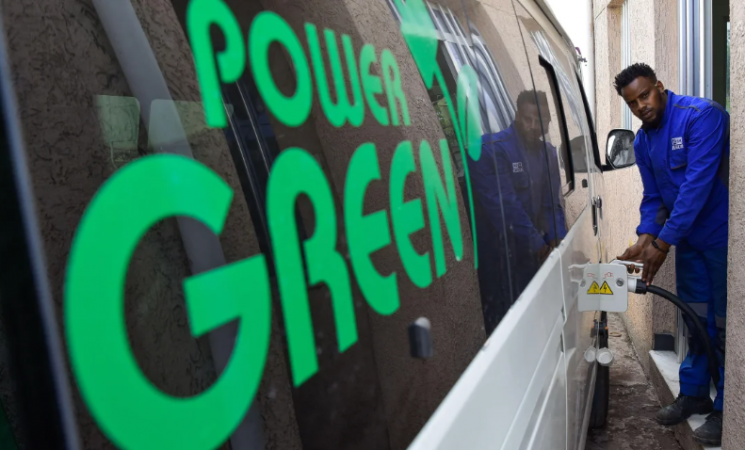Electric vehicles (EVs) are beginning to outpace gas-powered cars in an unexpected location, signaling a transformative shift in global transportation trends. While many might expect this change to happen first in well-known markets like Europe or North America, the transition is taking hold in regions that have traditionally relied on fossil fuels for their transportation needs.
Factors such as rising fuel costs, increased environmental awareness, government incentives, and the availability of more affordable EV models are driving this rapid adoption. As a result, more consumers are opting for EVs over traditional vehicles, reshaping the automotive landscape in ways that could have far-reaching implications.
One of the key reasons behind this surprising uptake of EVs is the proactive role of local governments and private sectors in promoting cleaner and more sustainable modes of transport. Through a combination of tax incentives, subsidies, and infrastructure development, including the installation of charging stations, these regions are making it easier for consumers to make the switch to electric. Additionally, the entry of new EV manufacturers targeting emerging markets with competitively priced models has made electric cars more accessible to a broader segment of the population. This trend is proving that the future of transportation is not limited to wealthier nations but is becoming a global phenomenon driven by innovation and sustainability.
The rapid growth of EVs in this surprising locale is a clear indication that the global shift towards sustainable transportation is well underway. As more countries and regions recognize the environmental and economic benefits of electric vehicles, we can expect a broader move away from gas-powered cars. This trend is not only good for the environment but also opens up new economic opportunities, such as job creation in EV manufacturing and maintenance and the development of new energy solutions. The story of this unexpected shift is a powerful reminder that the transition to a cleaner, greener future is happening now, in places that might not have been anticipated, driven by local action and global momentum.
One of the key reasons behind this surprising uptake of EVs is the proactive role of local governments and private sectors in promoting cleaner and more sustainable modes of transport. Through a combination of tax incentives, subsidies, and infrastructure development, including the installation of charging stations, these regions are making it easier for consumers to make the switch to electric. Additionally, the entry of new EV manufacturers targeting emerging markets with competitively priced models has made electric cars more accessible to a broader segment of the population. This trend is proving that the future of transportation is not limited to wealthier nations but is becoming a global phenomenon driven by innovation and sustainability.
The unexpected rise of EVs overtaking gas-powered cars in this region serves as a powerful example of how global trends can emerge from surprising places, driven by local innovation and proactive policies. This shift highlights the potential for other regions to accelerate their own transitions to sustainable transportation, learning from the strategies and successes of these early adopters. As more communities embrace electric vehicles and invest in the necessary infrastructure, the momentum towards a cleaner and more sustainable future will only grow stronger. The rapid adoption of EVs here is not just a local story—it is a sign of a global revolution in mobility, paving the way for a world less dependent on fossil fuels and more committed to environmental stewardship.



